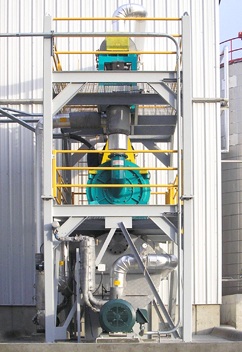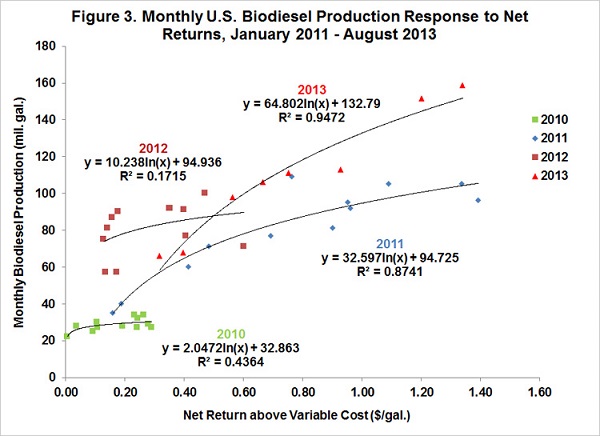 Our latest ZimmPoll asked the question, “Planning to buy new iPhone or upgrade?”
Our latest ZimmPoll asked the question, “Planning to buy new iPhone or upgrade?”
Our poll results:
· Happy with my current iPhone 25%
· Still using a dumb phone 25%
· Not an iPhone fan 17%
· Upgrading to 5S 17%
· Buying 1st iPhone – either one 8%
· Other 8%
· Upgrading to 5C 0%
It looks like the majority of you are satisfied with what your current phone has to offer, or still using what you’re comfortable with. Leave the bells and whistles for someone else you say!
Our new ZimmPoll is now live and asks the question, “What is your favorite rodeo event?” What really gets your heart racing (besides the cowboys and cowgirls)? Do you show up early for the roping or stay late for the bull riding? Let us know!











